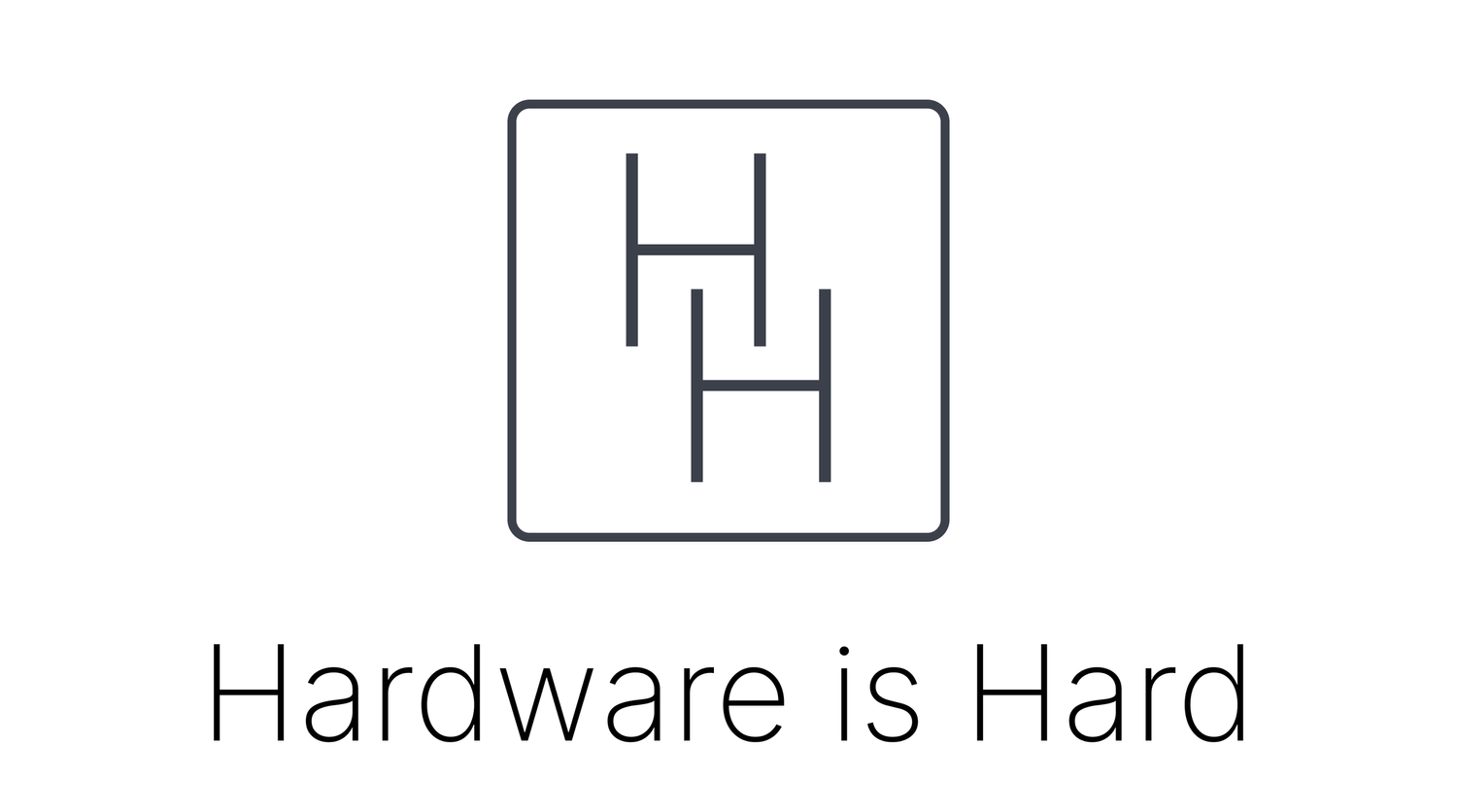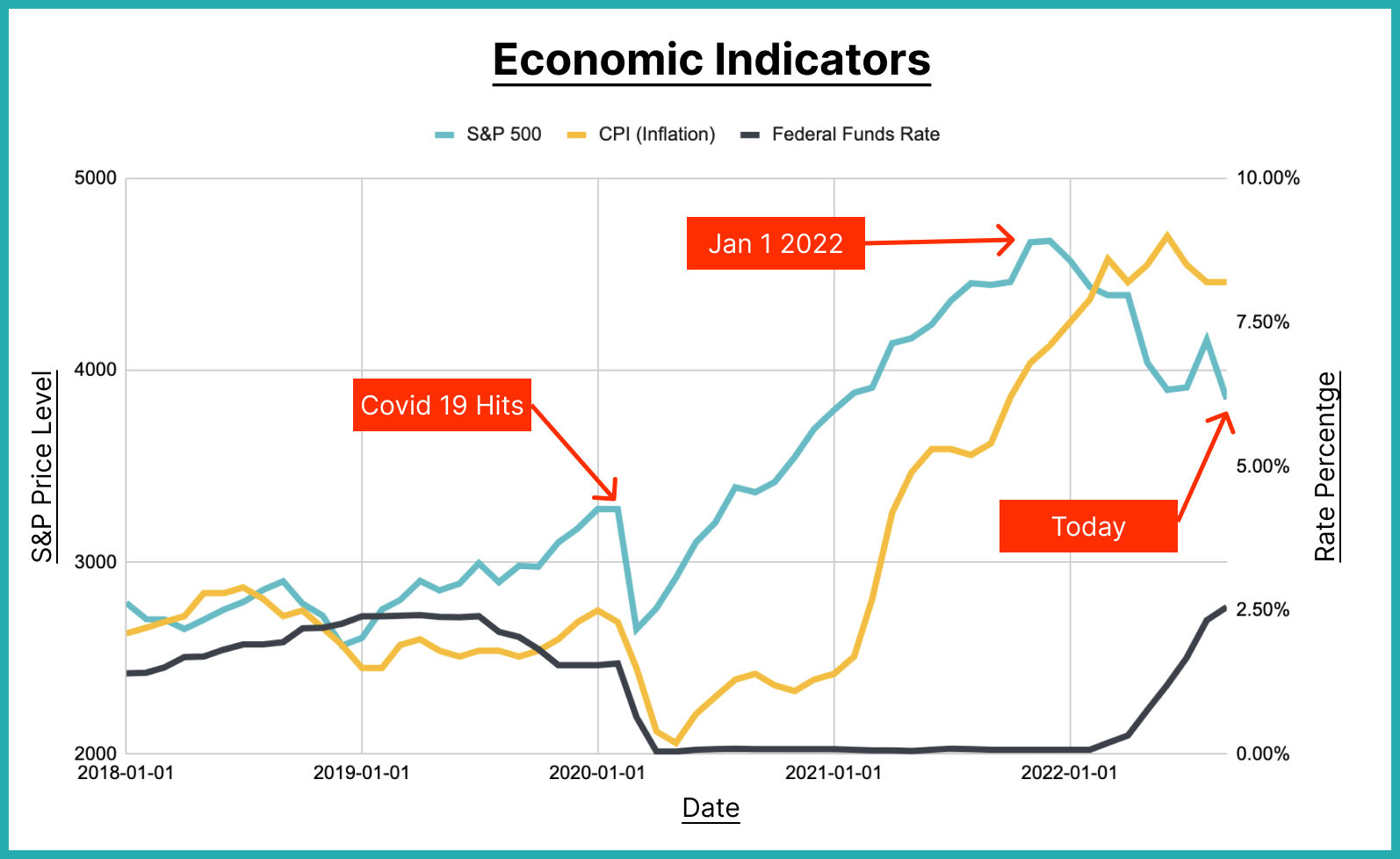Mechanical Engineering During An Economic Downturn
We have been receiving numerous messages regarding the current market and its impact on MechEs, so we thought we should write a page on it!
The Questions:
Why didn’t I get a return offer?
Why hasn’t the recruiter gotten back to me?
It seems like companies aren’t hiring, is that true?
Why is the full-time recruiting process taking so long?
We can’t answer this question for your specific situation. But, we can dive into what’s going on and the impact it is having on the hiring landscape for MechEs.
The Economic Outlook
We aren’t Economists 👨🏫 or Finance Bros🕴, but here is our 3-bullet summary:
Covid hit in 2020 causing markets to crash temporarily, but the Federal Reserve quickly pumped tons of money into the economy (think those stimi checks you got + infrastructure spending), temporarily averting a crisis. Fun fact, 80% of the US dollars in existence were printed in the last 2 years!
As a result of the stimulation and near 0% interest rates (Federal Funds Rate), companies were able to expand (they could borrow money at nearly 0% interest rates), stocks shot to the moon, and inflation soon soared (+ add a war in Europe to the cards).
Throughout 2022, the Fed has been raising interest rates shockingly quickly (hoping to tame inflation). The latest CPI (consumer price index) report indicated inflation is still at record highs, and it’s causing companies to scale back and focus on avenues that drive profit over growth.
Return Offers
Let’s start with return offers. You did an amazing job this past summer at XYZ Inc. All of your feedback was positive! Congrats! However, when you asked about a return offer, you got something along the lines of: “We will let you know by ___ date about a return offer.” That date was probably at the end of September before they sent another email delaying offers between 1 and 3 months. Why?
Let’s look at it from the company’s perspective. Usually, return offers are the best kind of offers. The company doesn’t have to pay a recruiter to go find someone and engineers to interview them. They already have 3 months of data on your performance, derisking any chance the engineer is a dud. Usually, It Is A No Brainer . . . except when a recession could be on the horizon. The company has no idea about headcount 8-10 months from when they are expected to send out a return offer (aka now). What if there aren’t any new projects? What if the company needs to cut headcount by then? Is it worth giving someone an offer only to have to rescind it before they start?
Coinbase laid off 18% of its employees and rescinded offers this past June, deservedly receiving tons of bad press. People chose Coinbase over getting PhDs, and some had visas that were dependent on their employment. Rescinding offers or commencing layoffs are potentially the worst possible situation for a company, and can really hurt its reputation (as well as the employees counting on them).
So, what are they left to do with the solid bunch of interns they had last summer? Delay, Delay, Delay. More than likely, the company wants to hire you as an engineer, and a year ago they would have! But things have changed, and they can’t make any commitments yet. And so, they dance. From their perspective, the best case scenario is to string you along, convinced that a job offer is always on the horizon, until 1 of 3 things happens:
The economy improves!
They eek out some headcount and make you a below market offer (which you are likely to take since they successfully convinced you not to apply anywhere else and now it’s too late in the recruitment cycle so you’ll feel pressured to accept).
As late as humanly possible, when they can say without a shadow of a doubt that they won’t be able to hire anyone soon, they tell you that there is no job offer incoming (unlikely to happen until the end of 2022).



